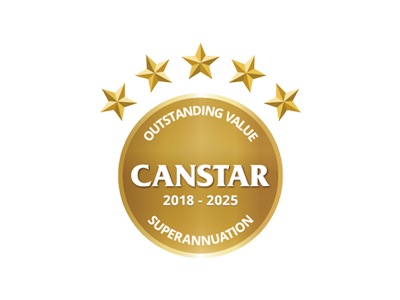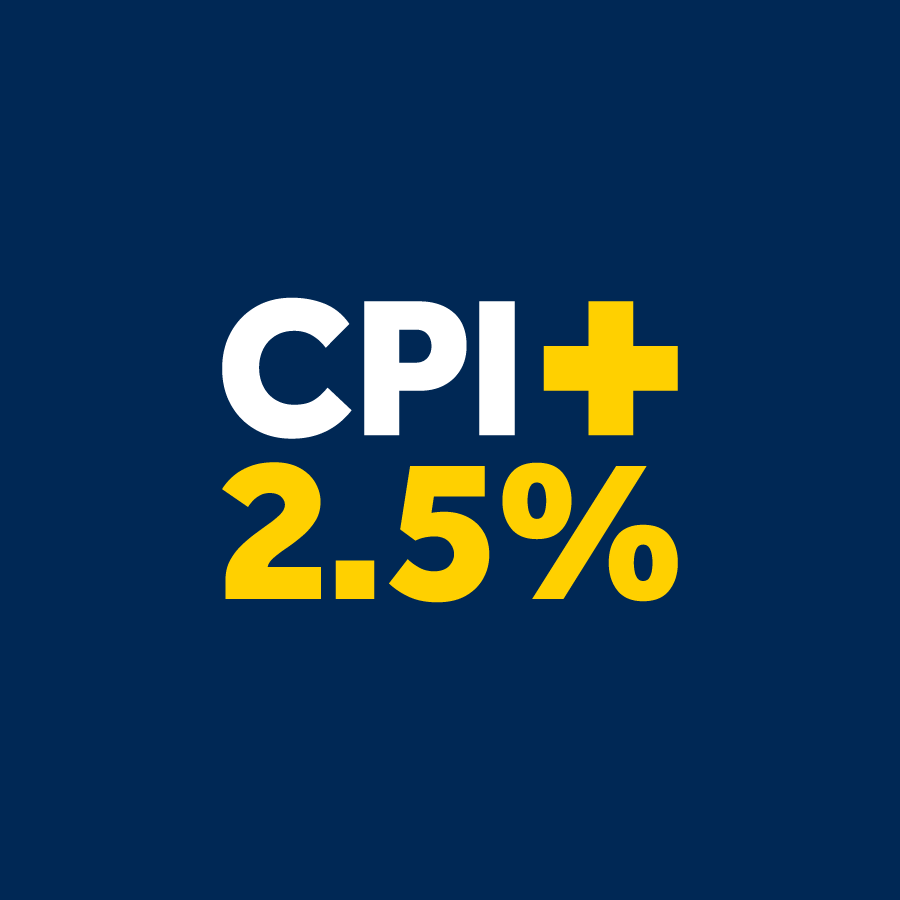The Superannuation Guarantee (SG) is the minimum amount an employer must pay to an eligible employee’s superannuation account, based on a percentage of their salary.
From 1 July 2025, the SG will increase from 11.5% to 12%. This is the last legislated increase to the SG rate.
If you’re an employer or high-income earner: the maximum super contribution base (MSCB) is decreasing.
The MSCB is the maximum income for which an employer must make SG contributions each quarter. The government sets this limit each year.
For the 2025–26 financial year, the MSCB limit will be $62,500 per quarter, a decrease from $65,070 per quarter in 2024–25. This means from 1 July 2025, employers won’t have to make SG contributions on an employee’s earnings above this limit.
If you’re an employer and need more information on how to best manage your super obligations, please visit our employer page. If you’re a member and need more information about managing your contributions, our superannuation advisers can help.





